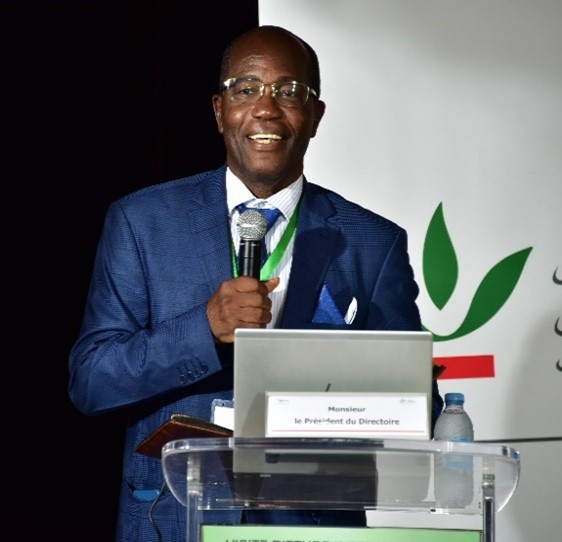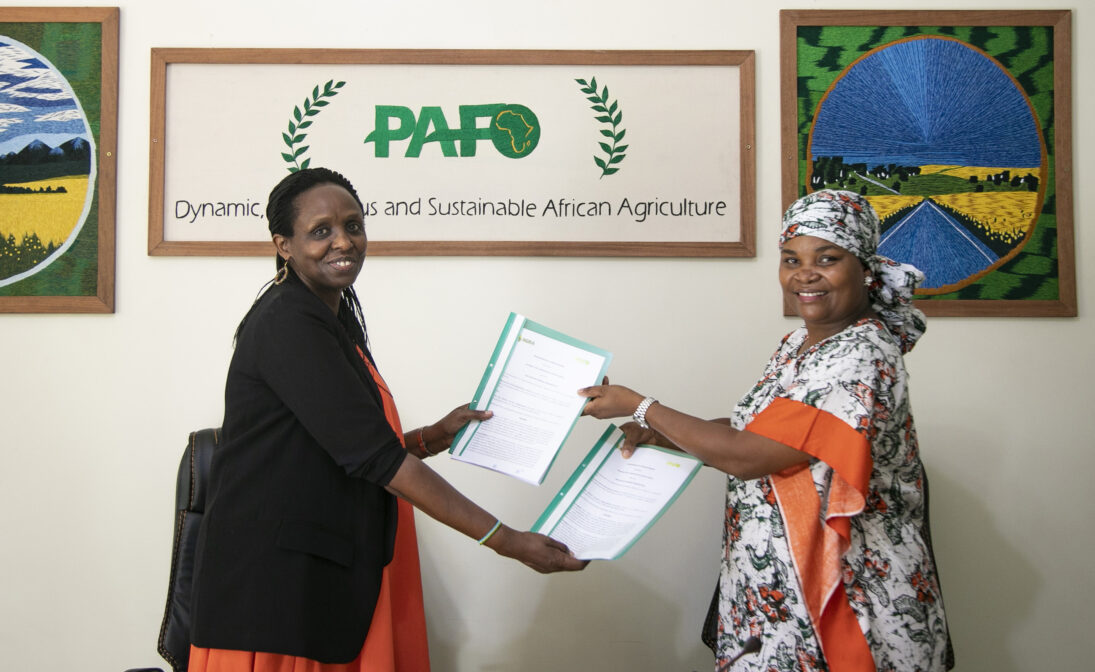Greetings from the AFRACA Secretariat. I wish to start the year by extending our heartfelt New Year greetings and expressing sincere appreciation for your support in strengthening the Secretariat.
As we enter 2024, I just wanted to pause and take a moment to reflect on some of the key issues that dominated our space in 2023.
To start, there was heightened activity on climate action in 2023 following key events that took place to discuss climate change issues. African Heads of State and Government, gathered for the inaugural Africa Climate Summit (ACS) in Nairobi, Kenya. The event was the first to give climate action a regional focus and delivered key declarations namely; The African Leaders Nairobi Declaration on climate change and the Africa Youth Climate assembly (AYCA) Nairobi Declaration. Other regional efforts such as the establishment of African Development Banks’ establishment of African Financial Alliance on Climate Change, AFAC, aligns well with African financial sector efforts to participate in climate action.
The COP28 UN Climate Change Conference in Dubai, the United Arab Emirates, was another big climate-oriented event attracting over 85,000 participants, including more than 150 Heads of State. COP28 was more of a ‘global stock take’ of world efforts to address climate change under the Paris Agreement. COP 28 also managed to mobilize more funds for targeted climate financing. The overall emphasis of so many monetary pledges at COP28 was the need to cooperate and collaborate more widely.
Notwithstanding, there is still a lot of work to do be done to ramp up climate financing across a wide range of new and existing vehicles.
Across most African countries, Governments are experiencing a bad combination of high debt, elevated development spending needs amid budget shortfalls, and unfavourable exchange rate pressures leaving governments struggling to stabilize the value of domestic currencies. This has prompted Central banks to embark on the most aggressive monetary tightening campaign in decades. In response, interest rates from financial institutions have climbed even higher, diminishing prospects of MSME’s access to credit from formal sources. This, coupled with Governments efforts to strengthen tax administration and revenue enhancing measures through new levies and higher taxes, calls for more financial innovation among lending institutions. I urge member institutions to bear this in mind, as we also try to encourage Africa’s 250 million ‘small holder farmers’ to pursue farming as a business and maximize production within their small spaces through technology.
Please enjoy a short recap of some of the key activities preceding the end of 2023 as we look forward to a fruitful 2024!
Thomas Essel,
AFRACA, Secretary General





